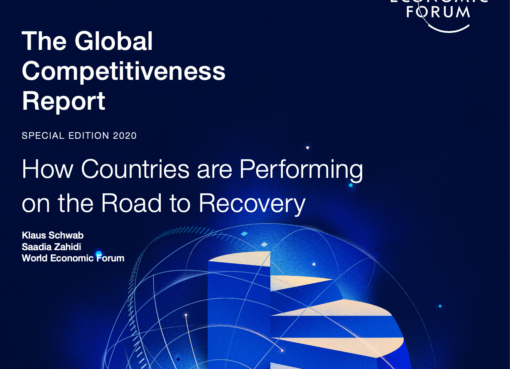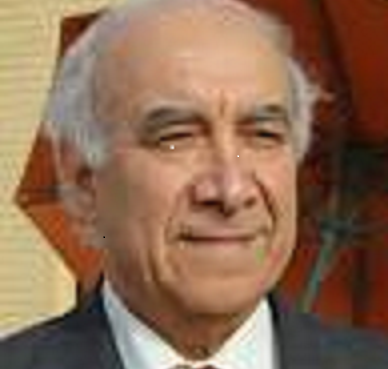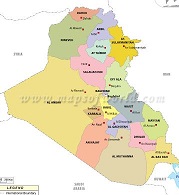On October 10, the government of Iraqi Prime Minister Mustafa al-Kadhimi issued a White Paper to reform Iraq’s economy. The energy sector’s future has taken considerable space in the blueprint alongside the country’s increasing demand for electricity. The paper lists the Iraqi government’s plan for the next three to five years, with an effort to satisfy the gap between demand and supply which has mushroomed to 10.1 gigawatts in 2019—more than one-third of the country’s supply of electricity. The seven bullet points of technical and administrative measures for the government primarily aim to improve the efficiency of the electricity sector’s production, transmission, and distribution, including the formation of a regulatory mechanism to monitor its performance.
Since the popular protests in October 2019, the staggering drop in oil prices, and the COVID-19 pandemic, the electricity supply in the summer months has roundly deteriorated. The political instability following the resignation of former Prime Minister Adel Abdul-Mahdi led to a halt in most projects and a significant decline in the Electricity Ministry’s ability to carry out maintenance activities. The results have amounted to significant power cuts in many parts of the country, especially in July, when demand was at its peak due to the summer heat. This sparked massive protests in several provinces, particularly in the south, where temperatures can soar to above 130 degrees Fahrenheit.
Iraq’s rapid population increase by one million annually is mainly blamed for the rise in demand for electricity. Despite large investments in equipment and networks, Iraq has not been able to keep up with the demands for new supply connections and upgrades to existing infrastructure. The Iraq Energy Institute, a think tank, estimates that Iraq would require $40 billion in investment for the electricity sector to achieve the stated goal of full 24/7 electrification by 2030. The private sector would most likely have to account for a significant share of that investment. Strong government institutional capacities and a favorable investment climate are the likely preconditions for private investment to step in.
Source: Atlantic Council, October 29,2020.
*Harry Istepanian is a senior fellow at the Iraq Energy Institute. He has more than thirty-five years of experience in power and water industries in developing countries, including Southeast Asia, the Middle East, New Zealand, and Australia.
To read the full article, please click on the following link:
Iraq’s economic White Paper misses a key issue for the energy sector








Comment here